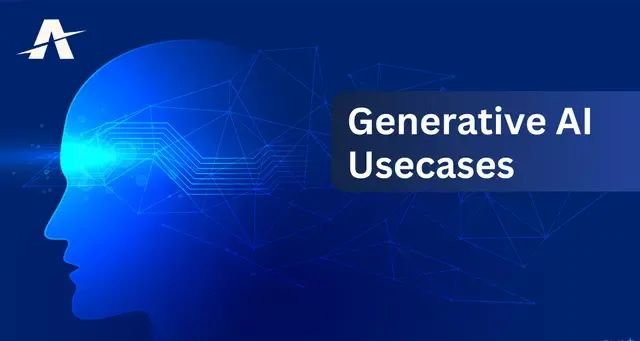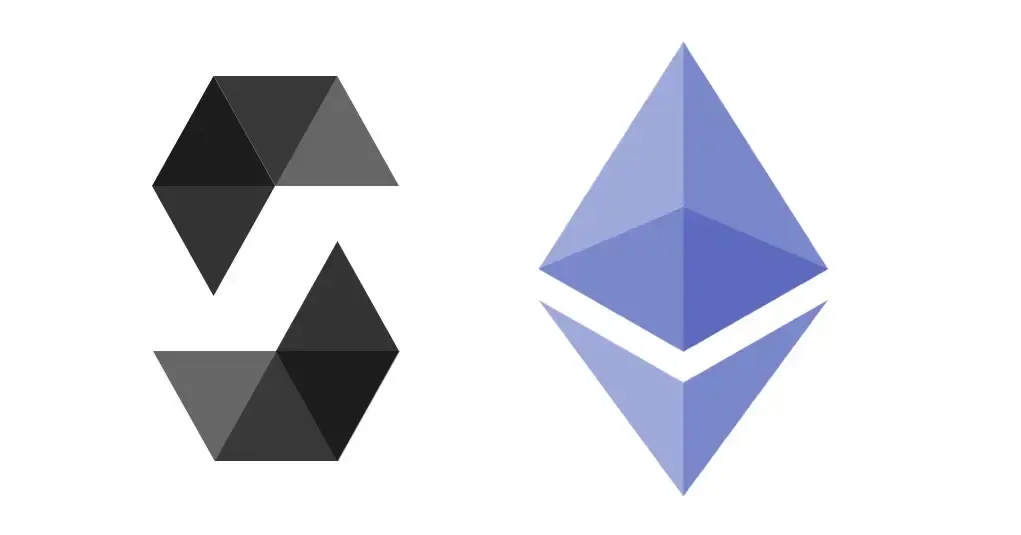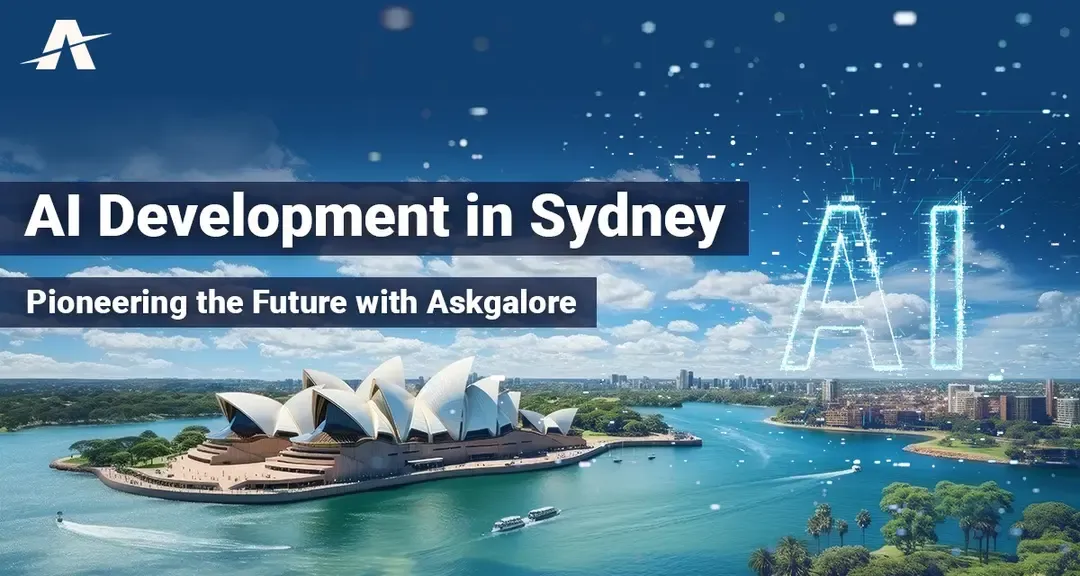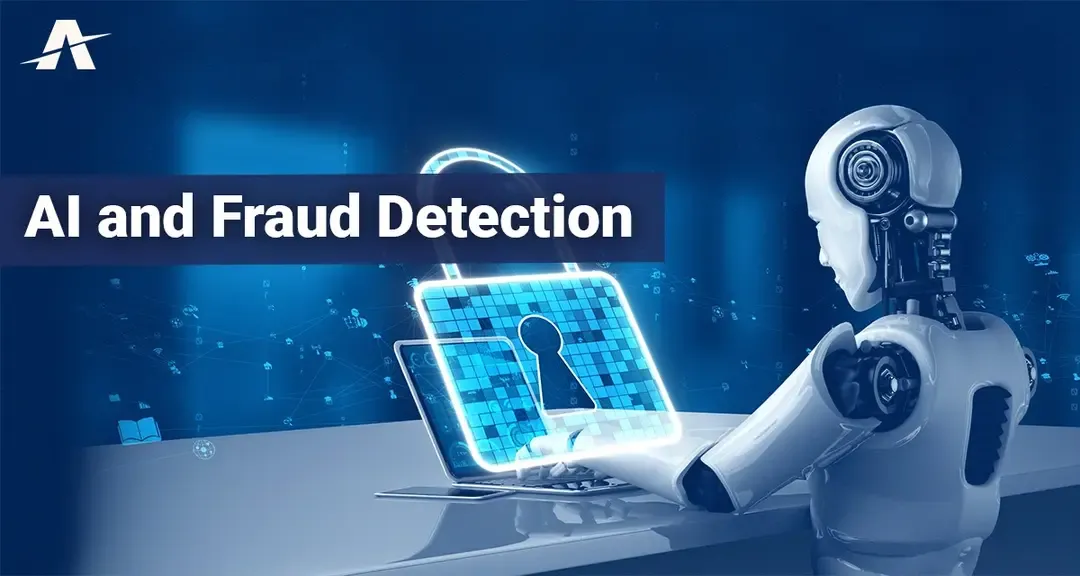
However, the demand for Solidity developers is high, making it a challenge to attract and hire top talent. In this article, we will cover the process of successfully hiring Solidity developers for your blockchain project.
We will discuss strategies for sourcing and recruiting Solidity developers, including where to find them and how to assess their skills and expertise. From job boards and online communities to technical assessments and interviews, we'll cover it all. Whether you're a startup or an established company, our tips and insights will ensure you find the best blockchain developers for your project.
Skills and qualifications to look for in Solidity developers
Solidity developers with experience and a deep understanding of the Ethereum ecosystem can help you navigate the complexities of developing smart contracts. They can optimize code for gas efficiency, ensure proper error handling, and implement best practices for security and upgradability.
Hiring top talent in Solidity development will not only enhance the quality of your project but also save you time and resources in the long run. Skilled developers can deliver high- quality code, meet project deadlines, and contribute to the overall success of your blockchain project.
Best practices for sourcing Solidity developers
When hiring Solidity developers, it's important to consider their skills and qualifications to ensure they have the necessary expertise to meet your project requirements. Here are some key skills and qualifications to look for:
1. Solidity proficiency:
Solidity is a unique programming language with its own syntax and features. Look for developers who have a strong understanding of Solidity and its best practices. They should be able to write clean, efficient, and secure smart contracts.
2. Ethereum ecosystem knowledge:
Solidity developers should have a good understanding of the Ethereum platform, including how it works, its architecture, and its various components. This knowledge is essential for building decentralized applications on the Ethereum blockchain.
3. Smart contract development experience:
Look for developers who have hands-on experience in developing smart contracts. They should be able to provide examples of their previous work and demonstrate their ability to write complex smart contracts.
4. Security awareness:
Solidity developers should have a strong understanding of smart contract security best practices. They should be aware of common vulnerabilities and be able to implement security measures to protect against potential attacks.
5. Problem-solving skills:
Blockchain development often involves solving complex problems and overcoming technical challenges. Look for developers who are experienced in troubleshooting and can think critically to find innovative solutions.
6. Communication and teamwork abilities:
Solidity developers often work in teams and collaborate with other developers, designers, and project managers. Look for developers who have good communication skills and can effectively work in a team environment.
Navigating the Options for Hiring Solidity Developers
1. In-house developers are suitable when you have a long-term, complex project that requires a dedicated team working closely together. This approach fosters better communication and collaboration but may incur higher costs.
2. Outsourcing is ideal for projects with a specific scope, cost constraints, or tight deadlines. External development teams can provide specialized skills and often come with a more affordable price tag. However, managing a remote team may pose challenges in terms of communication and control.
3. Remote developers offer flexibility and access to a global talent pool. This option is beneficial for companies looking to tap into diverse skill sets and reduce costs while maintaining control over the development process.
4. Freelance Solidity developers are suitable for short-term projects or tasks that require specific expertise. This option is cost-effective but may lack the stability and long-term commitment found with in-house or remote teams.
Finally, the decision depends on the nature and duration of your project, budget constraints, and the level of control and collaboration you require. Assessing these factors will guide you toward the most suitable hiring model for your Solidity development needs.
Conducting effective interviews for Solidity developers
Finding top Solidity developers can be a daunting task, but with the right strategies, you can attract the best talent to your project. Here are some best practices for sourcing Solidity developers:
1. Job boards and online communities:
Post your job openings on popular job boards and online communities that cater to blockchain and Ethereum developers. These platforms attract a large pool of talented developers actively seeking new opportunities.
2. Networking events and conferences:
Attend blockchain and Ethereum conferences and networking events to connect with Solidity developers. These events provide an opportunity to meet developers in person, learn about their work, and discuss potential collaborations.
3. Freelance platforms:
Consider hiring Solidity developers from freelance platforms that specialize in blockchain development. These platforms allow you to browse portfolios, review ratings and reviews, and hire developers based on their expertise and availability.
4. Referrals and recommendations:
Reach out to your network and ask for referrals or recommendations for Solidity developers. Recommendations from trusted sources can help you find developers who have already proven their skills and expertise.
5. GitHub and open-source projects:
Explore GitHub repositories and open-source projects related to Solidity development. Developers who actively contribute to open-source projects demonstrate their passion for blockchain development and their commitment to improving their skills.
6. Technical assessments and coding challenges:
Use technical assessments and coding challenges to evaluate the skills of Solidity developers. These assessments can help you gauge their problem-solving abilities, coding proficiency, and understanding of Solidity and the Ethereum platform.
Assessing technical skills and experience in Solidity
Interviews play a crucial role in assessing the suitability of Solidity developers for your project. Here are some tips for conducting effective interviews:
1. Prepare a list of relevant questions:
Create a list of questions that focus on the candidate's experience, knowledge of Solidity and Ethereum, and problem-solving skills. Tailor the questions to your project requirements to assess their suitability.
2. Ask for specific examples:
Request specific examples of the candidate's previous work with smart contracts. Ask them to explain the challenges they faced and how they overcame them. This will give you insight into their problem-solving abilities and their approach to development.
3. Discuss their understanding of security best practices:
Inquire about the candidate's knowledge of smart contract security best practices. Ask them how they ensure the security of their code and protect against potential vulnerabilities.
4. Assess their ability to work in a team:
Solidity developers often collaborate with other team members. Ask the candidate about their experience working in a team environment and their ability to communicate and collaborate effectively.
5. Provide a coding challenge:
Consider providing a coding challenge specific to Solidity development as part of the interview process. This will allow you to assess the candidate's coding skills and their ability to write clean and efficient code.
Assessing problem-solving and critical thinking skills
While technical skills are important, evaluating the communication and teamwork abilities of Solidity developers is equally crucial. Here are some ways to assess these skills:
1. Conduct a behavioral interview:
Use behavioral interview questions to assess the candidate's communication and teamwork abilities. Ask them to provide examples of situations where they had to collaborate with others or resolve conflicts.
2. Review their past team experiences:
Inquire about the candidate's past experiences working in teams. Ask them about their role, their contributions, and any challenges they faced while working with others.
3. Request references:
Contact references provided by the candidate to gain insight into their communication and teamwork abilities. Ask previous colleagues or team members about their experience working with the candidate.
4. Assess their written communication skills:
Solidity developers often need to write documentation and communicate their ideas effectively. Request writing samples or ask the candidate to complete a written exercise to evaluate their written communication skills.
Onboarding and retaining Solidity developers
Problem-solving and critical thinking skills are essential for Solidity developers, as they often encounter complex challenges in their work. Here are some methods to assess these skills:
1. Ask hypothetical questions:
Present hypothetical scenarios related to Solidity development and ask the candidate to explain how they would approach and solve the problem. This will give you insight into their problem-solving and critical thinking abilities.
2. Review their previous projects:
Ask the candidate to describe a challenging problem they encountered during a previous project and how they resolved it. Evaluate their thought process and the strategies they used to overcome the challenge.
3. Conduct a coding challenge:
Provide a coding challenge that requires the candidate to solve a complex problem using Solidity. Evaluate their approach, the efficiency of their code, and their ability to find innovative solutions.
4. Assess their ability to learn new concepts:
Solidity developers need to keep up with the latest developments in the Ethereum ecosystem. Assess the candidate's ability to learn new concepts and technologies by discussing their experience with learning new programming languages or frameworks.
What next when you have recruited a Solidity/Blockchain Developer?
Once you have successfully hired Solidity developers for your blockchain project, it's important to focus on their on-boarding and retention. Here are some tips to ensure a smooth on-boarding process and increase retention rates:
1. Provide a comprehensive on-boarding program:
Develop an on-boarding program that introduces new Solidity developers to your project, team, and company culture. Provide them with resources, documentation, and mentorship to help them quickly get up to speed.
2. Set clear expectations and goals:
Clearly communicate the expectations and goals for the Solidity developers. Define their roles and responsibilities, and provide them with a roadmap of the project to ensure they understand their contributions.
3. Foster a collaborative and supportive work environment:
Create a work environment that promotes collaboration, open communication, and continuous learning. Encourage team members to share their knowledge and support each other's growth.
4. Offer professional development opportunities:
Invest in the professional development of Solidity developers by providing opportunities for learning and growth. This can include attending conferences, participating in workshops, or enrolling in relevant courses.
5. Provide competitive compensation and benefits:
Solidity developers are in high demand, and offering competitive compensation and benefits can help attract and retain top talent. Stay up to date with market rates and adjust compensation packages accordingly.










